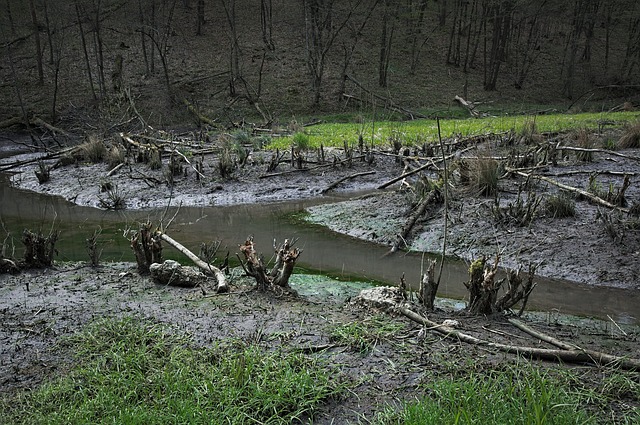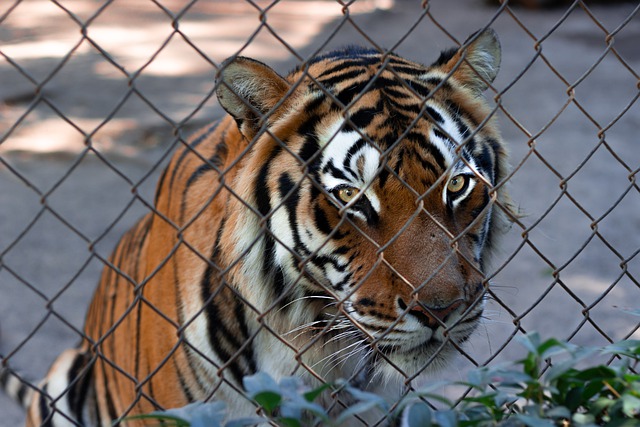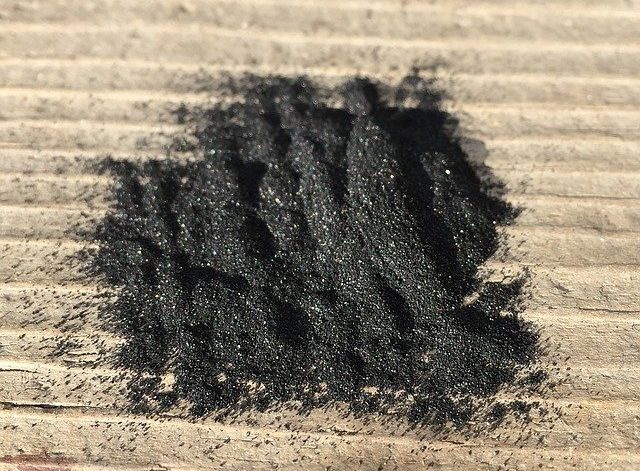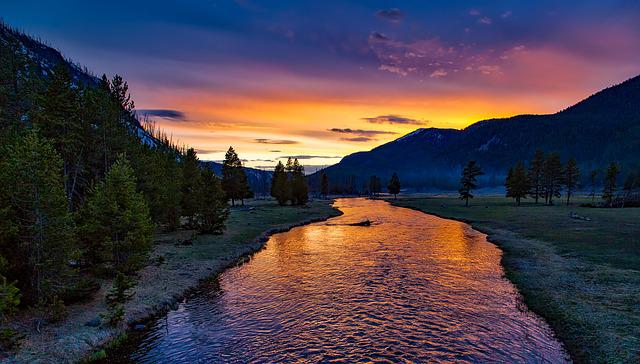INTRODUCTION
Salinity: It is defined as the quantity of soluble salt in a water body or saltiness of a water body.
Soil Salinity: It is defined as the concentration of salt in the soil.
Salinization: The rising concentration of salt in the soil is called salinization.
Common Salts: The common salts that trigger the process of salinity are sodium chloride, potassium nitrate, magnesium sulfate, and sodium bicarbonate.
Also check out another related topic: Waterlogging – Causes, Effects, and Solutions.
TYPES OF SALINITY
Salinity has various sources. There are two main types of salinity that are listed below.
- Primary Salinity: The natural source of salinity is categorized as the primary type. Examples of primary salinity are salt marshes, salt lakes, salt flats, etc. These are naturally saline areas.
- Secondary Salinity: Anthropogenic source of salinity is categorized as the secondary type. Anthropogenic sources are agriculture and land development. Examples of secondary salinity are drylands, irrigated areas, etc.
CAUSES OF SALINITY
Common salts cause salinity in soil and water. Sodium chloride is most common among all salts responsible for salinity.
- Weathering: The breakdown of rocks releases ions that make salts.
- Rainfall: Air moisture reacts with airborne salts and results in a natural deposition.
- Seawater Intrusion: Overexploitation of groundwater near coastal areas results in the replacement of freshwater with saline water. Check out
- Dryland: Areas that are cleared for vegetation often suffer from salinity. Land-use changes are also among other causes of salinity.
- Agriculture: Agriculture activities and industries release effluents that contain high concentrations of salts.
- Irrigation: Excessive irrigation leads to a rising groundwater table.
Also read: Sustainable Forest Management – Methods and Importance
EFFECTS OF SALINITY
- Wetlands: Wetlands are degraded by salinity. It threatens the biodiversity of wetlands.
- Playing Grounds: Grass cover disappears due to salinity. Saline grounds are not considered good for playing sports.
- Drinking-Water: Saline water is unfit for human consumption.
- Farms: Salinity affects farms, growing crops, soil health, and plants. It hinders the growth of plants and degrades soil and water quality.
- Rivers: The high concentration of salt in freshwater ecosystems including rivers, streams affect horticulture and agriculture.
- Infrastructure: Salinity affects infrastructure such as pipes, roads, buildings, etc.
POSSIBLE SOLUTIONS TO SALINITY
Solutions to salinity are expensive and require adequate maintenance.
- Lowering Groundwater Table: One solution to salinity is lowering the groundwater table. This is possible through planting deep-rooted vegetation.
- Salinity Tolerant Materials: Salinity tolerant material should be used in the construction where this problem prevails.
- Improved Irrigation System: Improving old irrigational methods can help against salinity. Groundwater can be drained through channels.
- Saline Aquaculture: The saline groundwater can be used for saline aquaculture.
- Salt Tolerant Vegetation: Crops that are salt-tolerant must be grown in saline areas.
- Electricity: Saline water can be utilized for electricity production.
Also read: Agroforestry – Importance and Application in Pakistan
CONCLUSION
Salinity is common in areas where an old traditional irrigation system is employed. It severely affects vegetation and the quality of groundwater. The causes of salinity are often natural however human activities make it worse. Land-use changes are the biggest example of human-caused salinity. The solutions to salinity are time taking and quite expensive. Industrial effluents should be monitored to avoid soil and water salinity.
You might also like: Mangroves and their Destruction – Causes, Effects, and Conservation Techniques
I hope you all liked this post! Please comment below if you have any suggestions, comments, or feedback! We at #envpk love hearing from our readers! Thanks!





4 Comments
well done 👏
Thanks!
Informative… Thanks.
Thank you!